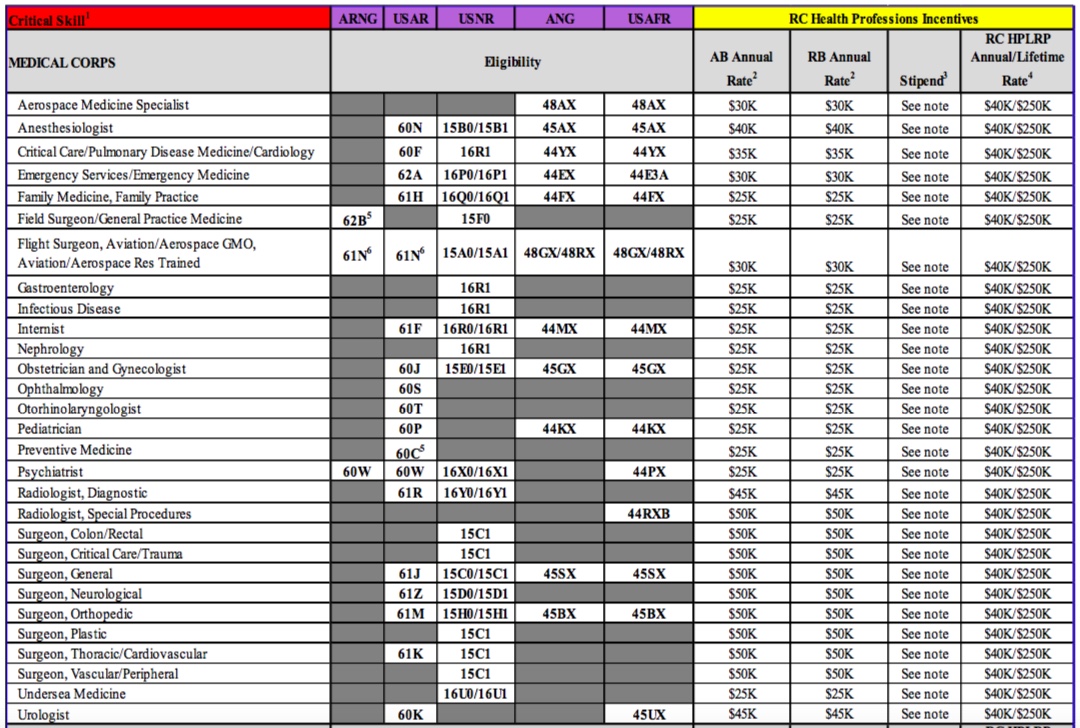If you can follow it, below is the legal basis for this program.
- The Memo from the Assistant Secretary of Defense (Oct 2000) (pdf of the memo is attached) describing this recruitment/retention program states:
"This directive type memorandum provides guidance for the implementation of section 2126(b) of title 10, United States Code, as amended by section 544 of the National Defense Authorization Act for Fiscal Year 2000."
2. If you go to 2126(b) of title 10, United States Code, you find: (here is the link for your review
10 U.S. Code § 2126 - Members of the program: service credit)
(b)Service Creditable for Certain Purposes.—
(1)The Secretary concerned may authorize service performed by a
member of the program in pursuit of a
course of study under this subchapter to be counted in accordance with this subsection if the member—
(A)
completes the
course of study;
(B)
completes the active duty obligation imposed under
section 2123(a) of this title; and
(C)
possesses a specialty designated by the Secretary concerned as critically needed in wartime.
(2)
Service credited under paragraph (1) counts only for the award of retirement points for computation of years of service under
section 12732 of this title and for computation of retired pay under
section 12733 of this title.
3. Please note that the above 2126(b) describes the program at issue and describes how HPSP is eligible for service creditable.
4. if you click on the link for section 12732 above, you will find that it states:
(a)Except as provided in subsection (b), for the purpose of determining whether a person is entitled to retired pay under
section 12731 of this title, the person’s years of service are computed by adding the following:
(
then scroll down to where they discuss service after 1949)
(2)Each one-year period, after July 1, 1949, in which the person has been credited with at least 50 points on the following basis:
(A)One point for each day of—
(i)
active service; or
(ii)
full-time service under sections 316, 502, 503, 504, and 505 of title 32 while performing annual training duty or while attending a prescribed course of instruction at a school designated as a service school by law or by the Secretary concerned;
if that service conformed to required standards and qualifications.
(B)
One point for each attendance at a drill or period of equivalent instruction that was prescribed for that year by the Secretary concerned and conformed to the requirements prescribed by law, including attendance under
section 502 of title 32.
(C)Points at the rate of 15 a year for membership—
(i)
in a reserve component of an armed force,
(ii)
in the Army or the Air Force without component, or
(iii)
in any other category covered by subsection (a)(1) except a regular component.
(D)
Points credited for the year under
section 2126(b) of this title.
5. (D) references back to section 2126 (b) which describes the program at issue.
2126(b) of Title 10, US Code states that people who completed the HPSP program, completed their obligated active duty time, and then serve in the critical wartime specialty get 50pts per year for each year they do this.
12732 of Title 10, US Code states that "for the purpose of whether a person is entitled to retired pay, the person's years of service are computed by adding...points credited for the year under the 2126(b) program (ie. the critical wartime specialty recruitment program.





